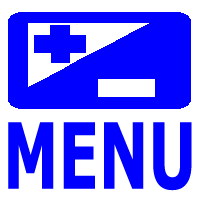
Introduction
C is a general-purpose, procedural computer programming language supporting structured programming, lexical variable scope, and recursion, with a static type system. It was developed by Dennis Ritchie at AT & T's Bell Laboratories of USA in 1972. It was mainly developed as a system programming language for creating an operating system (UNIX) and system applications that directly interact with the hardware devices such as drivers, kernels, etc.
C language is often called a middle level language, because it supports the feature of both low-level and high-level languages. C program has low-level feature, because it is converted into assembly code and supports pointer arithmetic. But it is also machine independent language, which is a feature of high-level language.
Many languages have borrowed syntax/features directly or indirectly from the C language, like C++, C#, Java, PHP, JavaScript, Objective-C, Perl, Python, Ruby, and many other languages.


